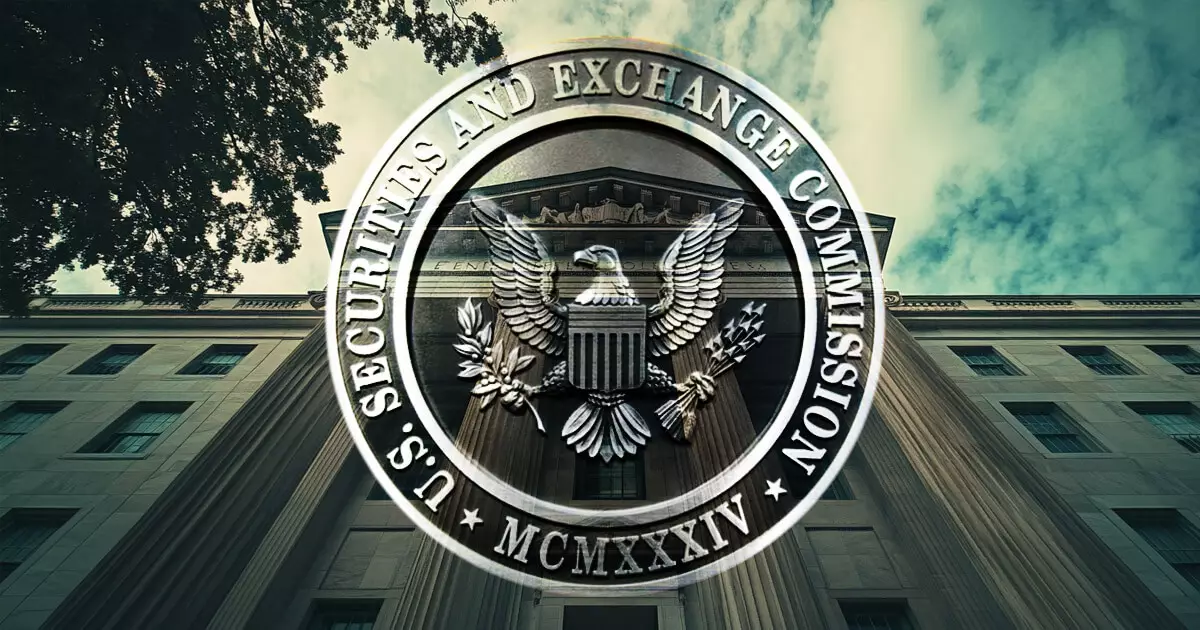On January 20, 2025, the U.S. Securities and Exchange Commission (SEC) underwent a significant leadership transition as Commissioner Mark Uyeda was appointed acting chair by President Donald Trump. This abrupt change came as the SEC officially announced the resignation of Gary Gensler, who had held the position amidst ongoing controversies surrounding digital asset regulation. Uyeda’s term is expected to last until June 5, 2026, coinciding with the anticipated appointment of Paul Atkins as the permanent head. Given Uyeda’s history as a champion for digital assets, this leadership shift raises questions about the regulatory landscape and the move towards more coherent policies in this emerging market.
Mark Uyeda has long expressed concerns about the SEC’s treatment of digital assets, frequently advocating for a proactive regulatory stance. His views are illustrated by his remarks on the Fox Business program “Mornings with Maria,” where he criticized the SEC’s ambiguous regulations that resulted in significant legal uncertainties. Uyeda argued that the existing environment sparked frustration among market participants, highlighting that a clear framework would facilitate compliance and innovation in the cryptocurrency sector. This perspective positions Uyeda as a potential catalyst for reform as he steps into the acting chair position, signaling a potential shift in the SEC’s approach to digital regulation.
Notably, Uyeda, along with Commissioner Hester Peirce, vocally criticized recent SEC enforcement actions concerning non-fungible tokens (NFTs). Their dissension became evident in response to the enforcement against the Flyfish Club NFT collection, which had generated $17.5 million in sales. Uyeda and Peirce argued that such NFTs should be categorized as utility tokens, rather than securities, indicating a belief that the SEC is overstepping its jurisdiction. Their advocacy for a softer regulatory touch on NFTs suggests a shift away from stringent oversight and reflects a broader push for innovation within the space.
The transition following Gensler’s departure has not been devoid of respect. Uyeda, Peirce, and Commissioner Caroline Crenshaw collectively acknowledged Gensler’s collaborative style and his commitment to bipartisan communication during their joint statement. Such recognition indicates an intention to maintain professionalism and continuity, even amid significant policy disagreements. While Gensler’s tenure was fraught with tensions regarding digital asset regulations, the acknowledgment by his peers demonstrates a desire to build upon the groundwork laid during his time in office.
As the SEC navigates this period of transformation, the direction under Uyeda’s leadership will be under scrutiny. With pressing challenges ahead, particularly concerning digital assets and evolving technologies, the agency’s approach will significantly impact the burgeoning cryptocurrency industry and investor protections moving forward. The anticipated appointment of Paul Atkins later in 2026 poses additional questions regarding continuity and potential shifts in regulatory philosophy. In a rapidly changing environment, the SEC’s ability to adapt and provide clarity will be pivotal for market participants seeking to engage responsibly in digital finance.













